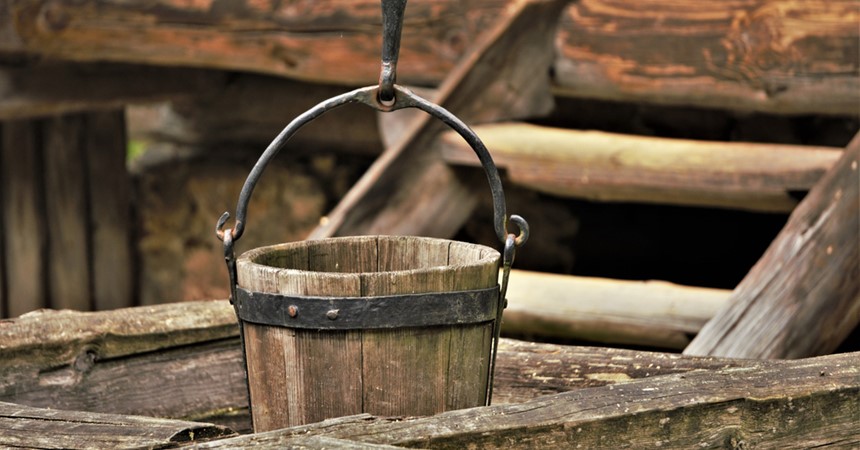This week, I invite you to consider the role of the gardener in Luke’s Gospel (13:1-9). The gardener pleads to the vigneron to leave the fig tree one more year, during which time he will dig around it, manure it, giving it a chance to bear fruit. I wonder what you are presently trying to nurture and nourish, what are you hoping will bear fruit?
For many of us, there are personal hopes of transition and bringing to birth. There are also communal hopes, like that of our environment, for people who are marginalised, for those affected by the floods, for world peace, particularly for those in Ukraine and for the much-needed transformation in our church.
During the week I have been reaching out to some of my family and friends who have been quite unwell, some with COVID and others with some more chronic illnesses. I am mindful that it is a challenging time for each of them, and for some they have turned more fervently to God, trusting in his mercy, love and divine providence.
This took me to a reflection I read on 24 February this year, by Rev Anne Hewitt in the South Australian Prayers and News from our Ecumenical Community.
On Good Friday, I was visiting around my Wards at the hospital and delivering an Easter Readings and Prayers resource I had put together. On entering a four-bed ward, I was greeted by a young, restless lady, who came forward to introduce herself as *Kay. I explained I was the UCA Chaplain/Spiritual Care Practitioner, visiting and offering the resource. The four women, from across four generations, had evidently become close over the days they were there. They cared for each other and shared in many conversations. Kay led me around the beds and introduced me to each person. Each one asked for the booklet and spoke warmly of their Church community. As we came towards the last person, Kay said “*Mary shines. She knows God.” Mary smiled at Kay, and reached out her hand which Kay held, with tears in her eyes. And Mary’s face shone indeed. Kay said she had heard of ‘church’ but had not ever really known about God, and wanted to know more from this ecumenical trio – Orthodox, Catholic and Protestant – who all were facing their mortality and illness with something she could not understand. Her life had been brutal. In this ward though, Kay had met faithful people who ‘have been kind’, loving her unconditionally, supporting each other without expecting anything in return. The octogenarian Mary led them in simple prayer together every night, and Kay felt peace revealed to her, something she had never known. Kay asked if we could all pray together from the booklet. So we did. God’s transformative, unconditional love and peace shone across the room. (*Not real names)
This story reminds me that we can only each do our bit, like the gardener and Mary in the story, in the hope that God will do the rest, like Jesus who seeks out the Samaritan woman, asking her for water. They exchange their respective stories and both are transformed by the encounter. She recognises Jesus as the Messiah, and Jesus understands more about himself and his ministry.
In our diocesan Lenten Program, this week, we are being asked to reflect on our Formation and Education Foundation. I am conscious that so many opportunities are not taken up in this very busy world in which we find ourselves. Those of us who work in Pastoral Ministries continue to create programs and opportunities to engage with anyone who wishes to explore their faith journey.
The 21st of March, equinox, marks Harmony Day and the beginning of Harmony Week in which we celebrate Australia’s cultural diversity, made up of 300 ethnicities and 120 faiths. The theme for this week is “Everyone Belongs”, and marks our attempt to be an inclusive and respectful community. I like that, on this day, everywhere around the earth, the length of night and day are of approximately equal length. The sun’s energy is in balance between the northern and southern hemispheres. From here on in our days get shorter and the nights longer, at least until the end of June (solstice).
During the week, I hope you that are able to connect with the diverse groups which make up your community. How blest we are to live in a nation that values diversity, respect, and peace.

